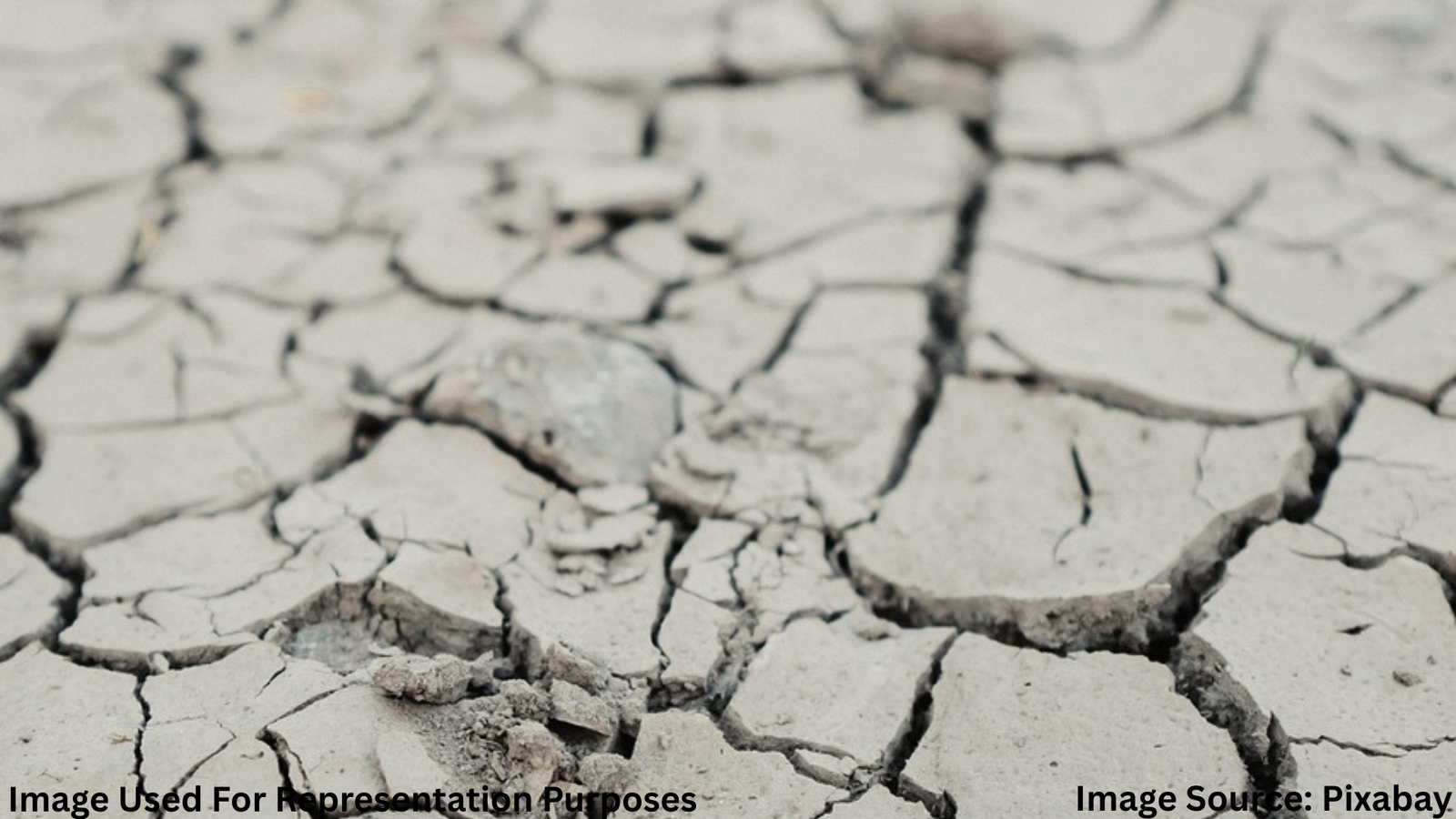
Middle East Faces Severe Water Crisis as Drought Conditions Worsen: A Region on the Edge
The Middle East water crisis is spiraling into an emergency that threatens millions. From drying rivers to shrinking reservoirs, the situation is becoming increasingly dire as drought conditions worsen across the region.
The Growing Scope of the Middle East Water Crisis
Across countries like Iran, Iraq, Syria, Jordan, and Lebanon, water supplies are depleting at an alarming rate. The once-mighty Euphrates and Tigris rivers have seen reduced flow due to a mix of climate change, upstream damming, and poor management. In Iraq alone, water levels are 60% lower than the previous year, impacting farming communities and urban areas alike.
Climate Change: A Silent Culprit
The intensification of heat waves, decreased rainfall, and increased evaporation are all linked to the changing climate. For instance, Syria has experienced one of its driest winters in decades, leading to failed crops and a rise in food insecurity. In Jordan, rainfall is expected to decrease by 30% by 2050, placing additional pressure on already strained water infrastructure.
Political Tensions Heightened by Water Scarcity
The Middle East water crisis is not just a humanitarian issue—it’s also a geopolitical one. Water scarcity has the potential to inflame long-standing tensions between nations. The dam projects in Turkey, for example, have significantly restricted water flow to Syria and Iraq, sparking diplomatic confrontations.
Internal Strife Over Water Access
Even within countries, the struggle over water is igniting unrest. In Iran, protests have erupted in cities like Isfahan due to mismanaged water policies. Farmers, frustrated by dried-up irrigation channels, have staged sit-ins and demonstrations, demanding reforms.
Impact on Agriculture and Food Security
Agriculture is perhaps the most severely affected sector. The Middle East relies heavily on irrigation, and with water becoming scarce, food production has sharply declined. In Iraq’s Nineveh province, farmers have been forced to abandon lands that sustained families for generations.
Tehran Is at Risk of Running Out of Water Within Weeks: A Wake-Up Call Worth Heeding
Real Stories from the Ground
Ahmed, a farmer in southern Iraq, shared his struggle: “The river we depended on for our crops has dried up. We now buy water in trucks, and the costs are unbearable.” His story reflects the broader tragedy unfolding in many rural communities across the region.
Urban Areas Not Spared
While rural areas are visibly hit, cities like Baghdad, Tehran, and Damascus are also grappling with water shortages. Residents face daily water cuts, and water quality has declined, leading to health concerns. In Beirut, water trucking has become the norm, driving up household expenses.
Technological Solutions and Global Support
Despite the severity of the crisis, there is hope. Nations are slowly turning toward desalination, water recycling, and smart irrigation systems. Israel has emerged as a leader in water technology, sharing expertise on drip irrigation and desalination with neighboring countries. Meanwhile, international organizations are urging governments to prioritize long-term water strategies.
Calls for Regional Cooperation
Experts believe that regional cooperation is the only sustainable solution. Water agreements and shared water governance are essential to prevent conflict. The World Bank and United Nations are both advocating for joint frameworks that focus on equitable water use.
What Can Be Done Now?
Immediate measures are crucial. Governments must invest in leak detection, repair networks, encourage water conservation, and educate citizens on efficient usage. Public-private partnerships can play a key role in accelerating infrastructure upgrades and technology adoption.
Every Drop Counts
For citizens, small actions matter—fixing leaky taps, reducing water waste, and supporting clean water policies all contribute to a more resilient future. Water is no longer just a resource; it’s a lifeline for survival and stability in the Middle East.
Conclusion: A Region at a Crossroads
The Middle East water crisis is not a distant threat—it’s a current emergency. Drought conditions are worsening, and if regional leaders don’t act swiftly, the consequences could be irreversible. But with innovation, cooperation, and determination, the region can pull back from the edge and secure a sustainable future for generations to come.

Akalumhe Jefferson is a content writer with a new found interest for crafting engaging stories that transport readers to new worlds. Although no current actual background in creative writing but there’s active love for writing



